What Students Say
Likes
- I loved the quality and speed of services at JGU. If I put up a complaint for my AC or even shower or anything related to room servicing or cleaning
- The campus life is one of the best any indian university offers. People there are very social and great, faculty is very open and cooperative
- The campus resources are the best one can find. The sports complex is at the pinnacle of sports services in India, the faculty is from top universities
Dislikes
- Sometimes working in fests and societies is totally based on hierarchy and nepotism.
- Rules and regulations around substances are very strict.
Course Curriculum Overview
The course curriculum is highly relevant and comprehensive, according to me. The core courses that are mandatory for a student to take are highly relevant and necessary in order to develop the relevant skills and knowledge in that specific domain of the field. Electives on the other hand, are a student's choices and may or may not be relevant directly to the course one is studying. The university offers a wide range of electives and the electives are also taught by highly qualified professors across the 12 different schools of JGU. The end semester exams are either of 30 marks or 50 marks, depending on the course. Electives usually have a 30-mark end-of-semester exam for 1.5 hours. The exams are pretty easy and theoretical and contextual, unless the course one has chosen is strictly application-based and demands applications of theoretical frameworks. The core exams in the first and second year are divided across 50 and 30 mark exams and are often for 3 hours. The exams are pretty easy and theoretical except for the practicum courses, which are deeply application-based. The final year has very few core courses which are for 30 marks.
Internships Opportunities
The internships I got from the university were either at NGOs or, counselling clinics or at HR in reliable firms. The internship opportunities were very good, and they taught us a lot in the practical application domain of what we were studying. The counselling firms often asked us to summarise case studies, form valuable therapy plans, observe sessions, etc. The NGO i worked in focused on children with special needs so I learned a lot about handling children with Neurodiverse needs.
Fees and Financial Aid
The tuition fees I paid were Rupees 450000, and the residential fees came up to be Rupees 300000. The residential fees included a lot of things such as fees to the hostel, laundry services, hostel room cleaning services, and mess services, which were mandatory to pay. I also received a scholarship amounting to 25% of the total tuition fees which was around 1.12 Lakhs annually.
Campus Life
I worked in over a dozen events and fests. I was a part of multiple Social Media committees, security commitees, etc. I worked for two years in the 2 biggest fests of JGU; Biswamil and Magnus. I also worked for two years in the Freshers, fest Buddy Project where in I also secured the position of sub-head of Social media in my final year. The fests and comittee work for any fest and event in JGU requires hard work and skill but is one of the best experiences I've ever had. The last night working rooms where the vibe never stops will be one of my favourite memories from college. Working in multiple may have a impact on the academic life though, the work in societies, clubs and fests is very tiring and exhausting. One needs to understand to balance the two in order to function effectively in both the domains. Though without a doubt, JGU has over 20 clubs and socieities wherein one can find people who like them and enjo their hobbies together. When it comes to resources, the JGU admin is very supportive when it comes to organising fests, activites, or screenings
Admission
I applied to multiple other universities as well, but I chose JGU because the university has top-notch faculty from abroad as well who hold PHDs from highly reputable universities. Most of my professors had PHDs from IITs and NIMHANS. JGU is very well known for it's global partnerships and study abroad programs, which make it a highly networked university as well. The campus is very secure and vibrant, which attracted me to it. Admission to JGU is not very difficult and can be achieved by most students. JGU offers fine study programs from qualified faculty, the campus is at the peak of Indian Universities, and the eligibility is not that high.
Faculty
There used to be not more than 35 or 40 students for 1 faculty to teach. The faculty I got overall throughout my degree were very nice, open, cooperative, and understanding. The Dean of the School of Psychology and Counselling Prof. Dr. Derick H. Lindquist is a highly qualified professor who is one of the best and finest at JGU. Frankly all the professors that I have attended lectures of were very qualified and some of the finest professors at JGU. I had the fortune of studying under Prof. Mehak Sikand, Prof. Sarah Ghani, Prof. Kirti Tyagi, Prof. Amanpreet Kaur, Prof. Madhumita Ramakrishna Dhupar, and Professors who did not just teach in class, but ensured that teaching and learning across all students in class is balanced and every student learns something new in every lecture.
Night Life
The mess offers food till 10:30 in the night. Food courts and stalls close after 1 AM on weekdays and 2 AM on weekends. The public areas are open throughout the night like the library reading rooms and the sitting areas near the coffee shops. Seating lounges close after 12 AM and are open 24X7 during exam season. Hostel is present inside the JGU campus so there is not really any in or out time. One can however not leave the campus after 11 PM. Places to hangout include the food courts, the coffee shops, cafes inside campus, food stalls, food truck area, etc. It is absolutely very safe to roam around campus even at 3 AM in the night.
Other Applied Colleges
Christ University Bangalore (Central Campus) | BA/Bsc Psychology
JGU was closer to Delhi NCR and admission was easier. JGU had a better campus and campus life.


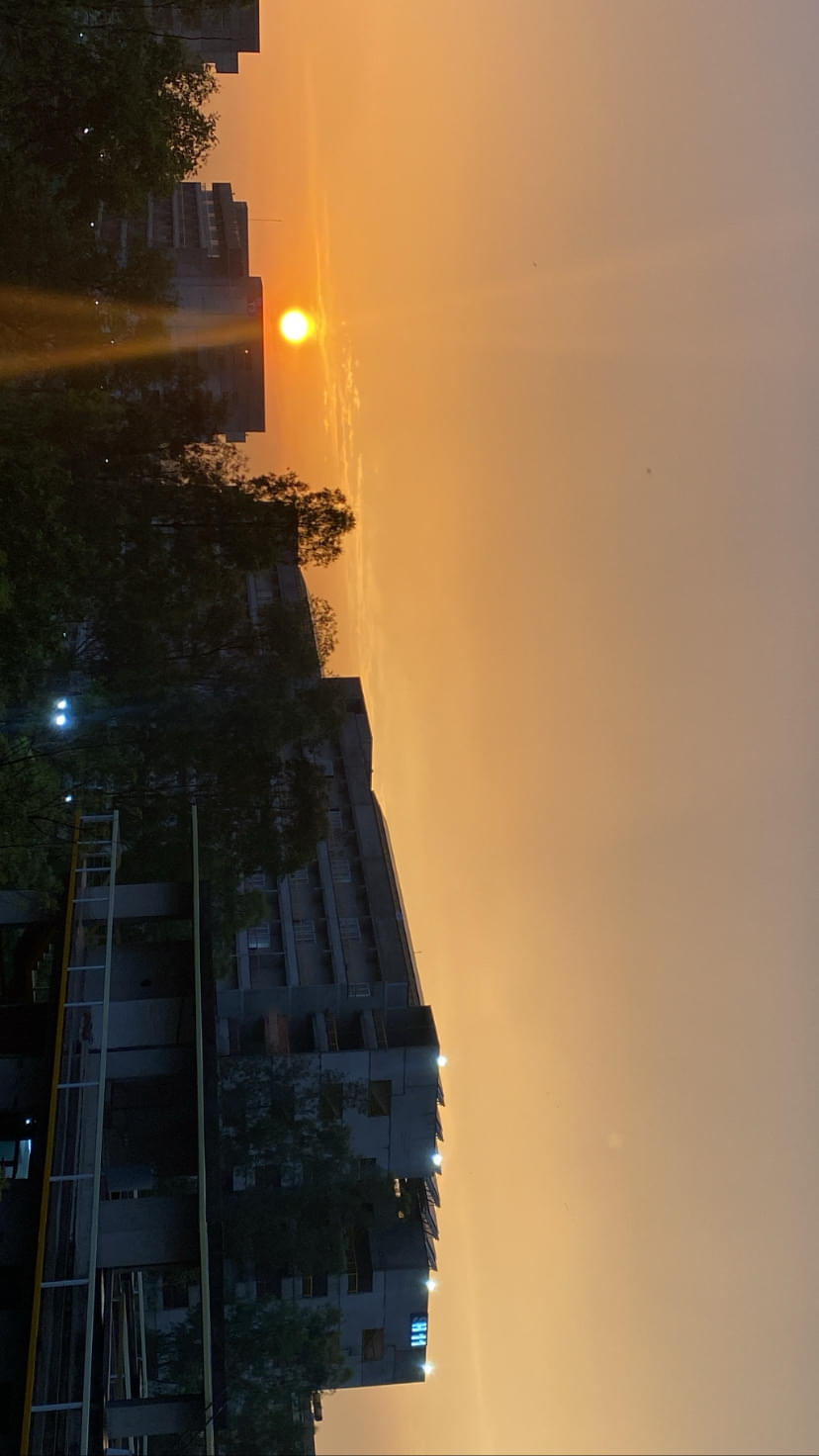
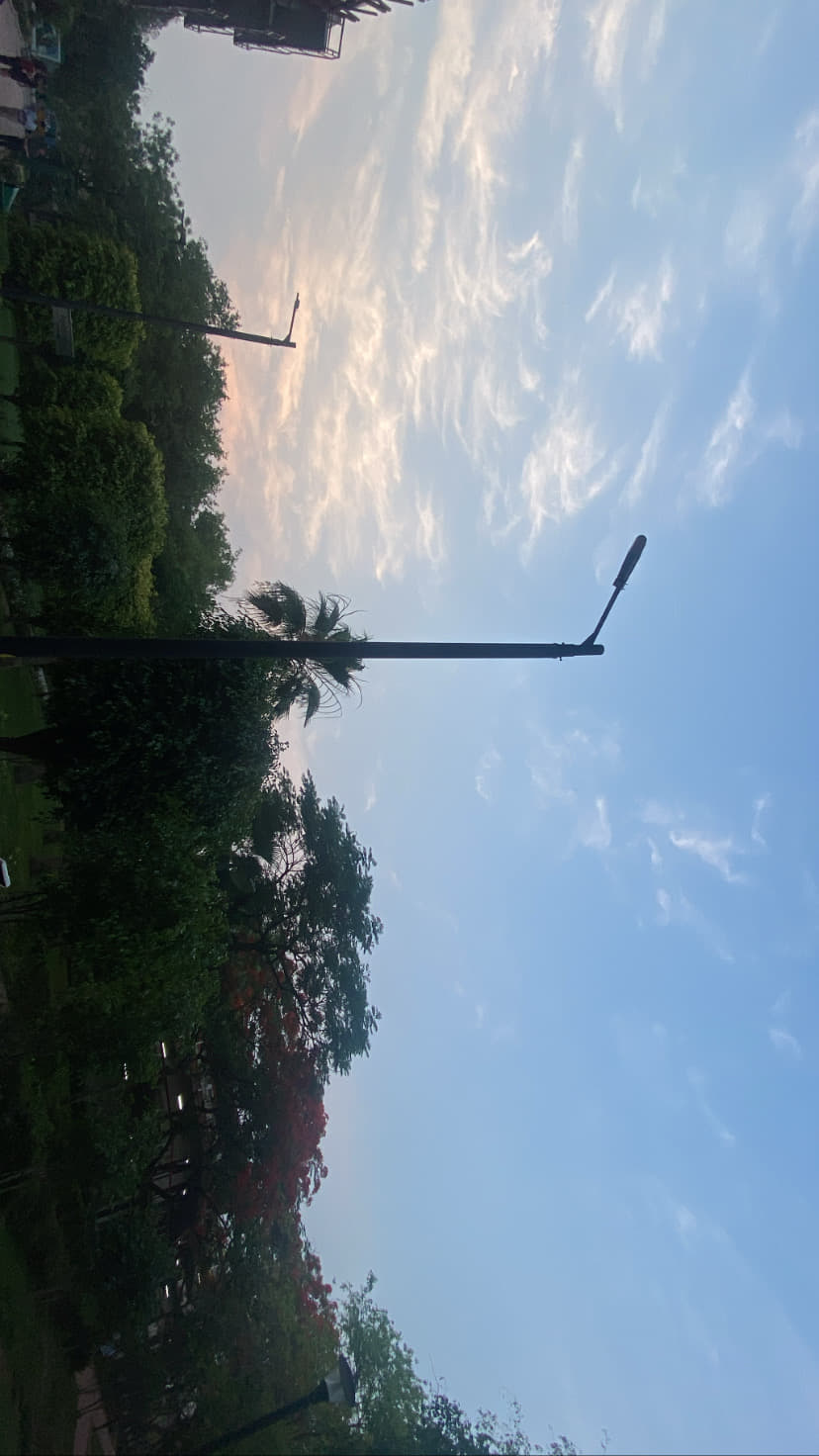
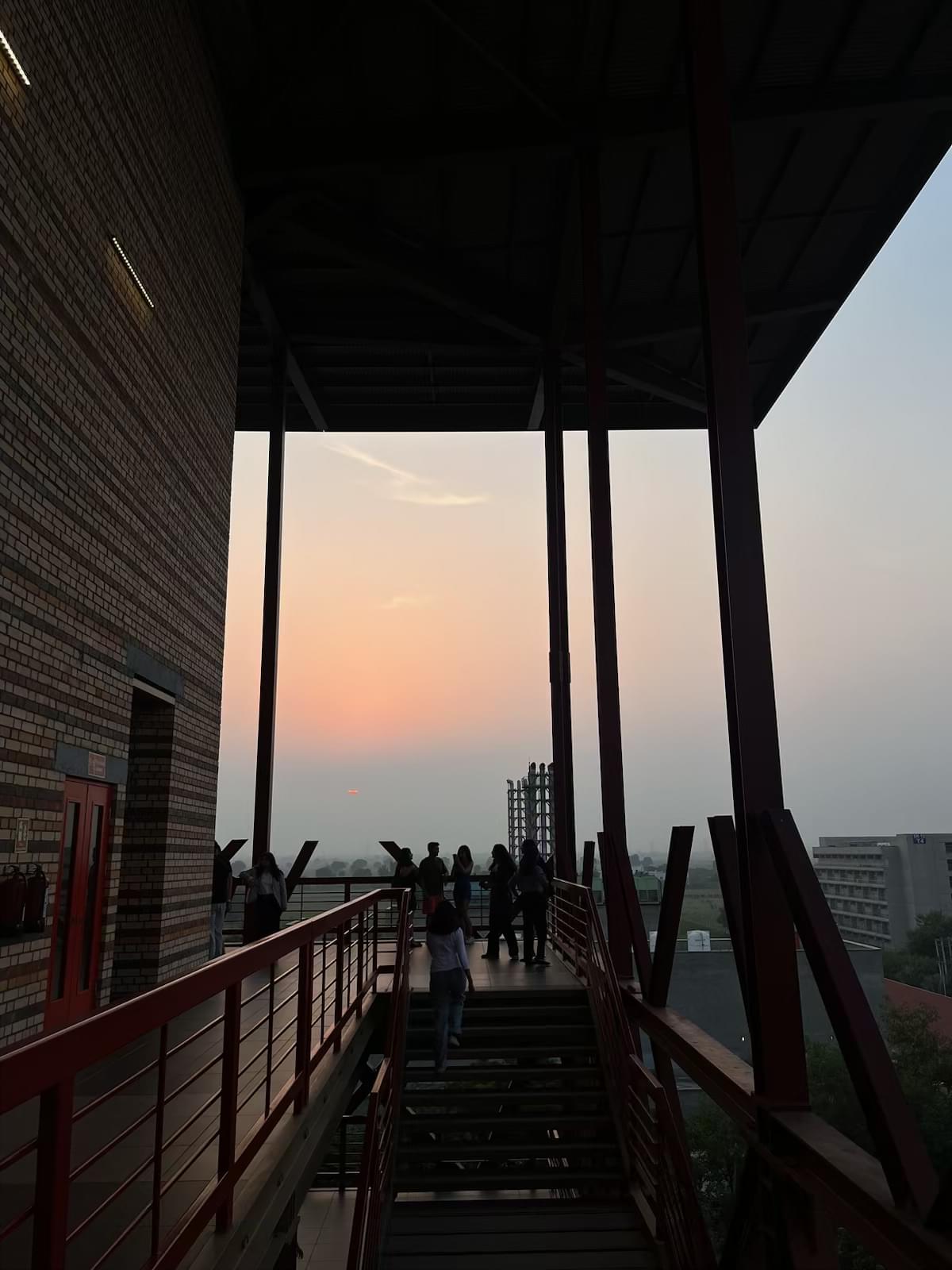
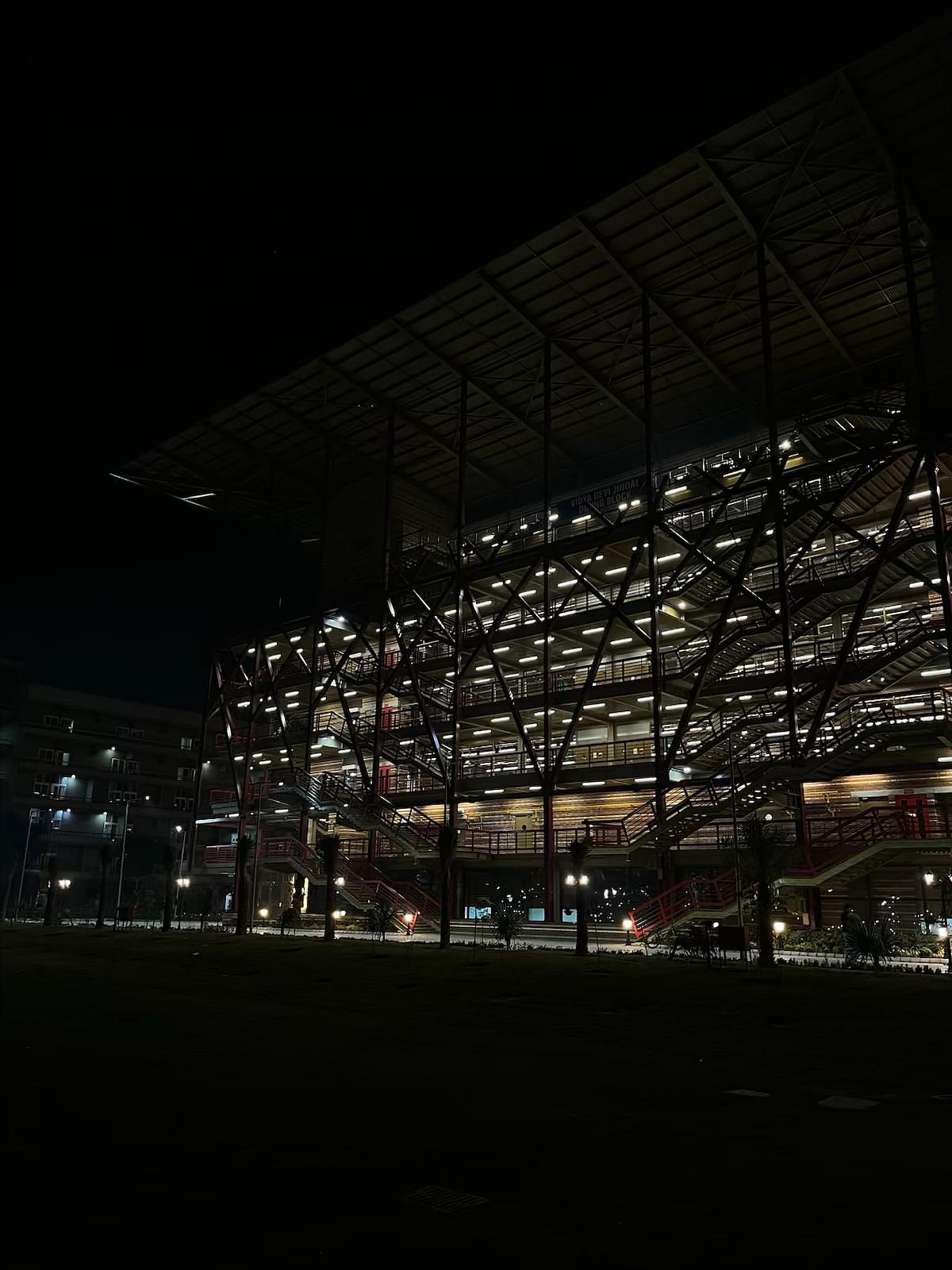

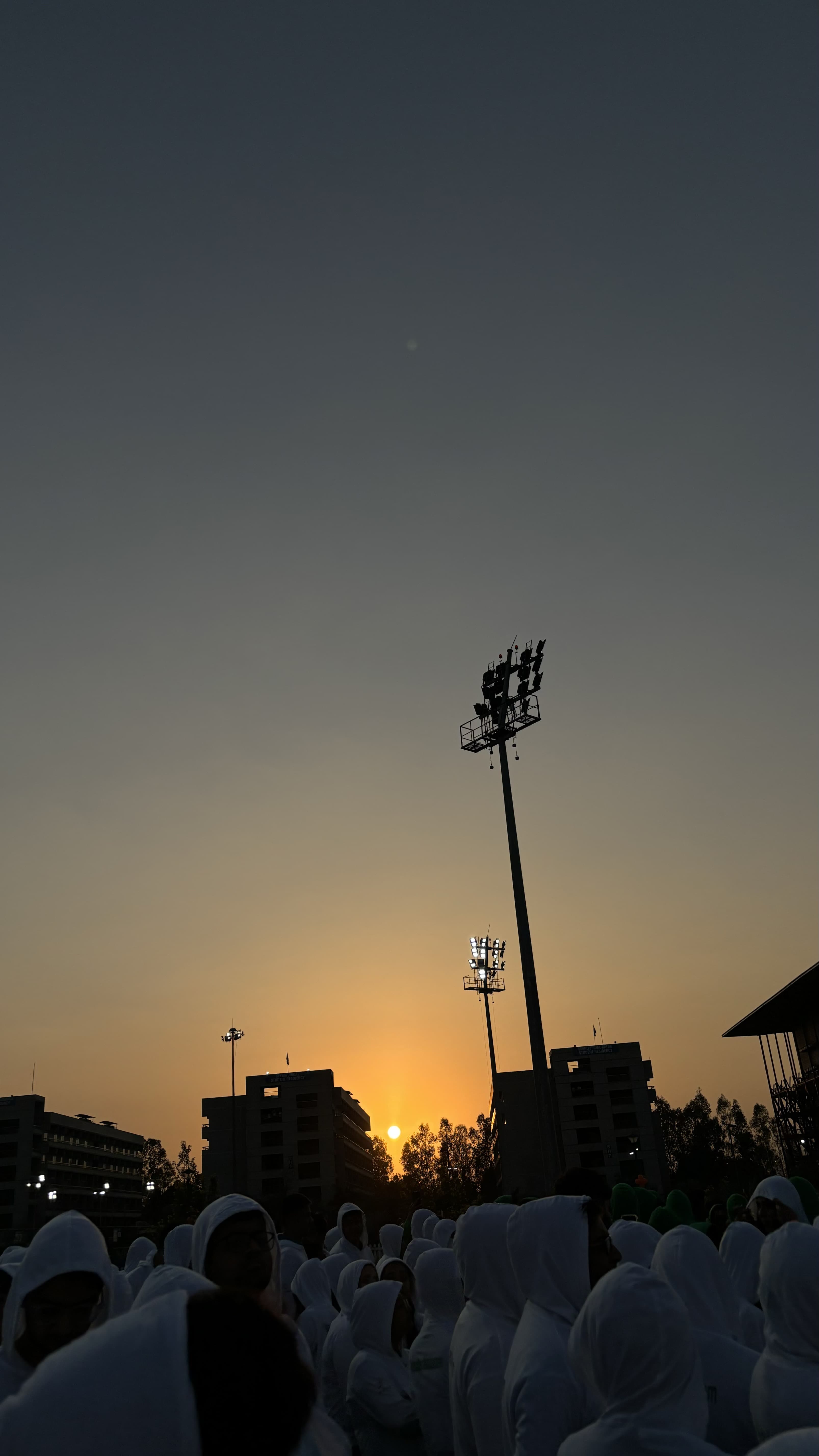
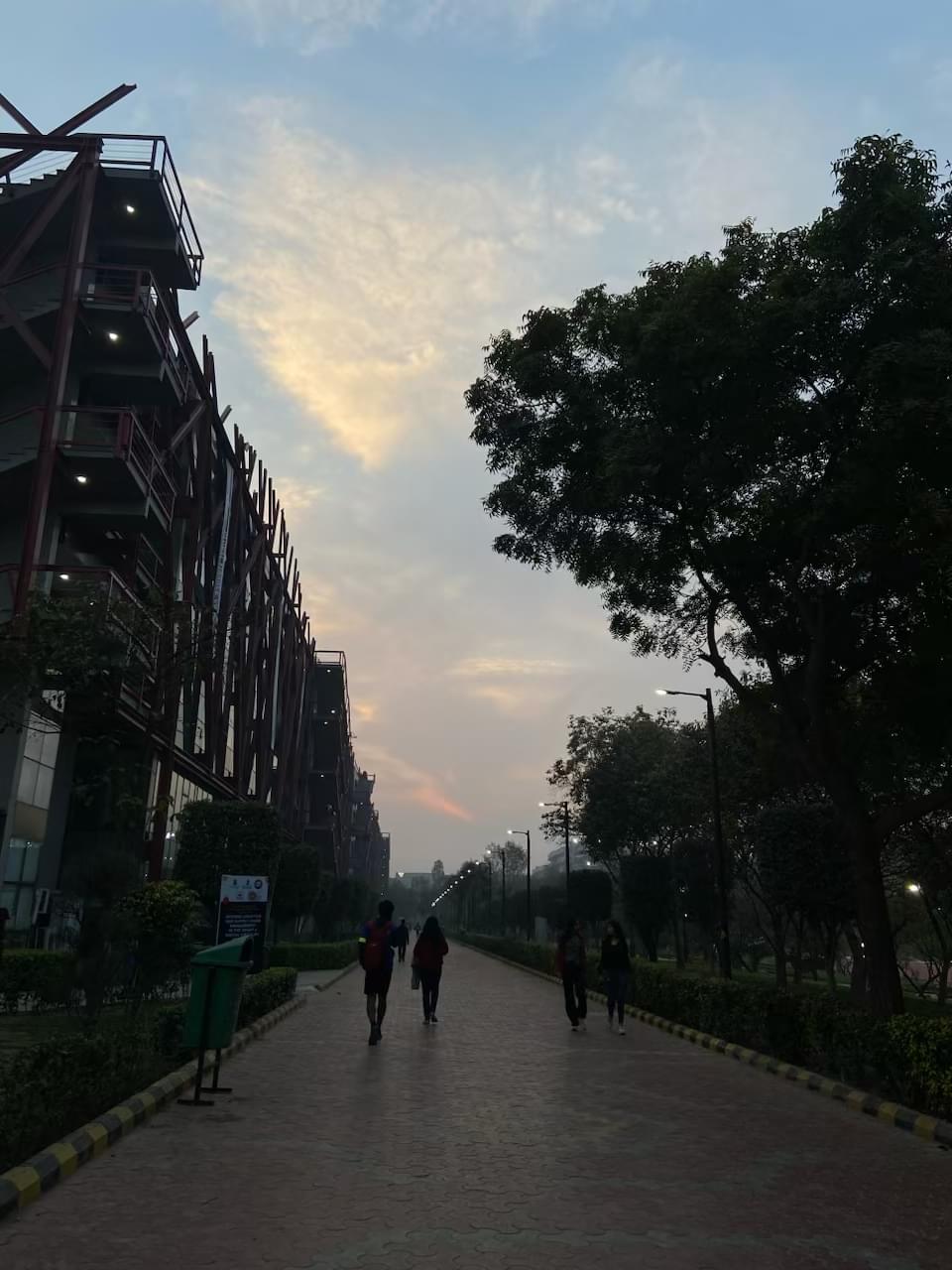

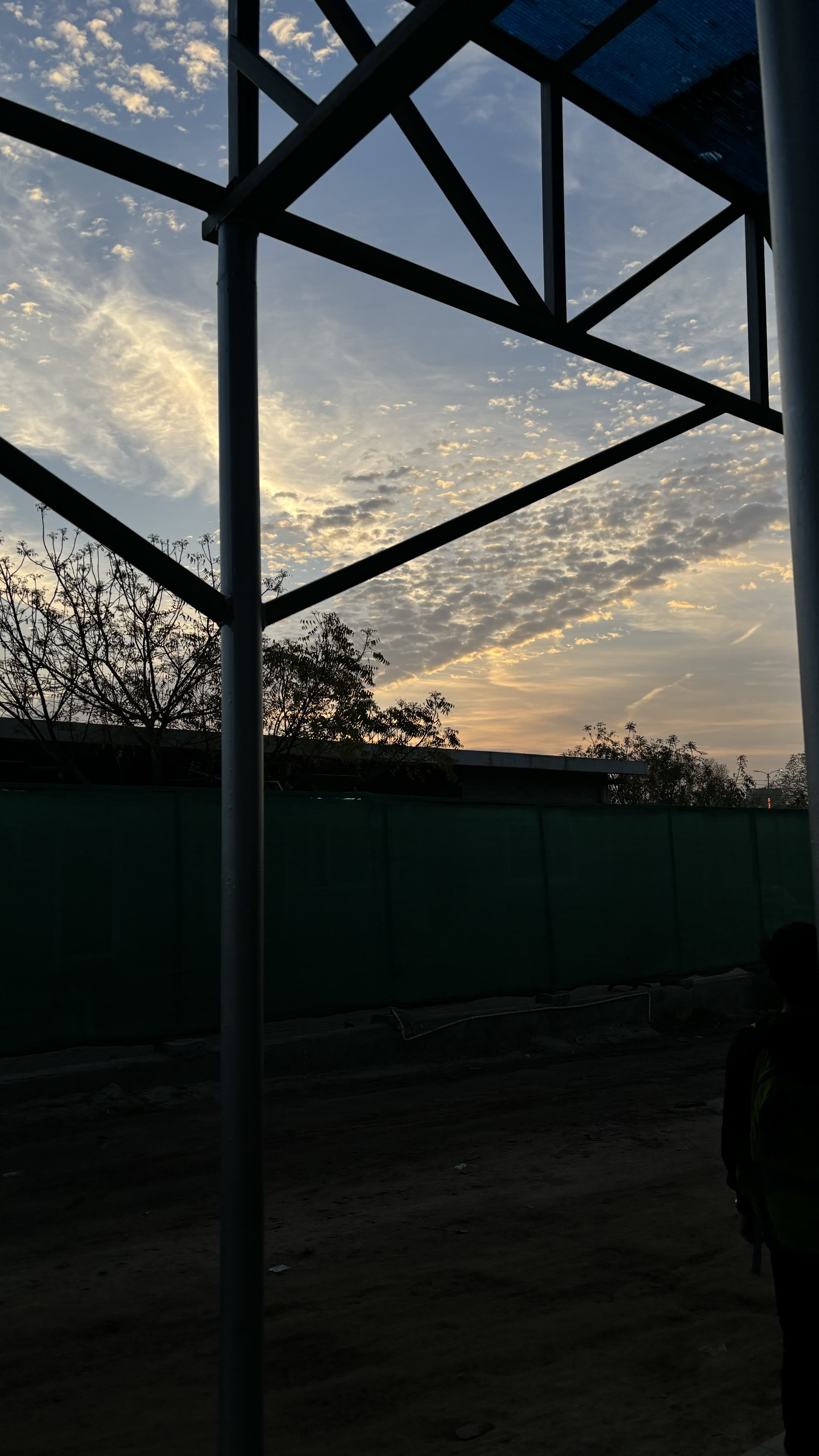
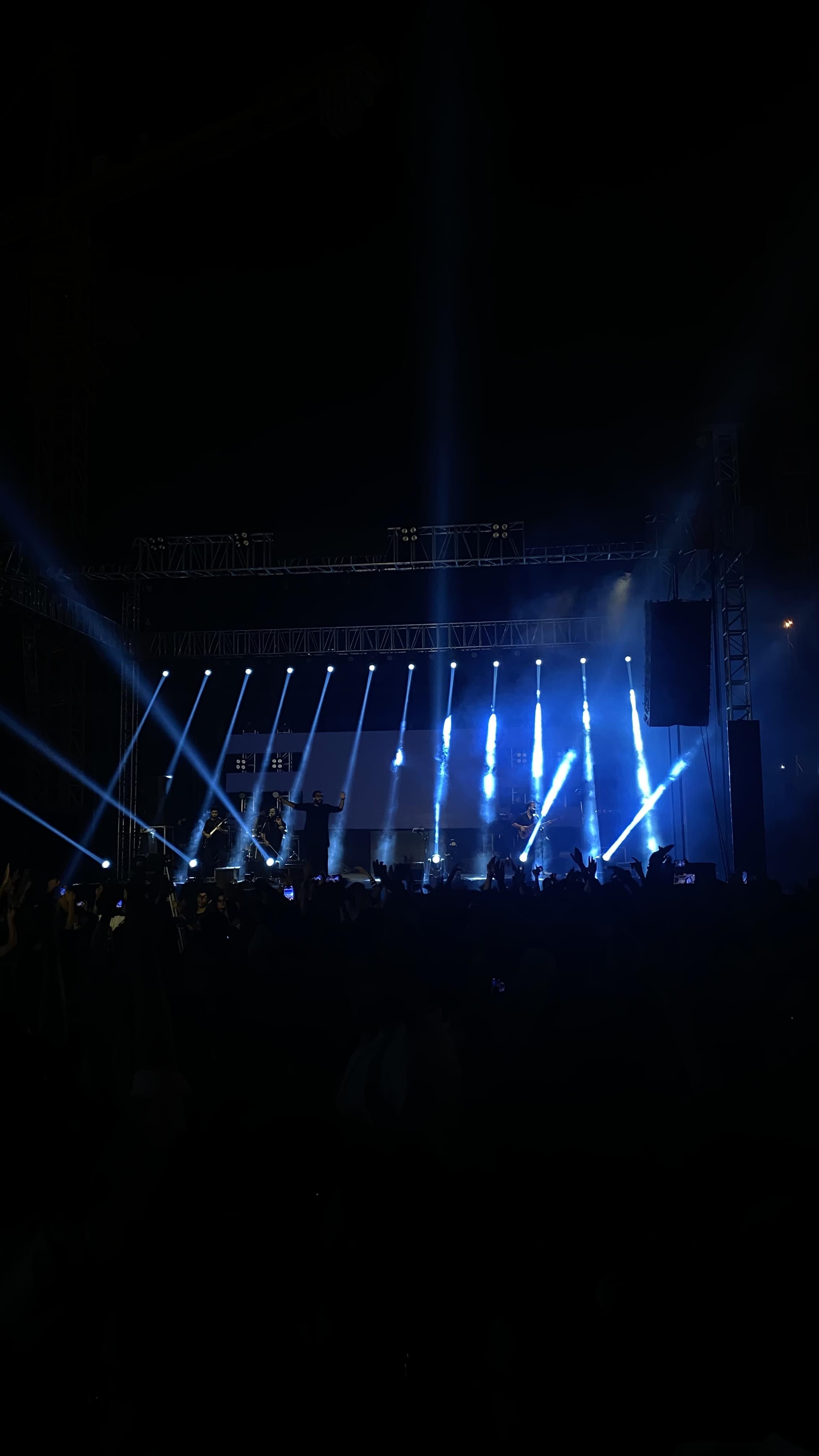
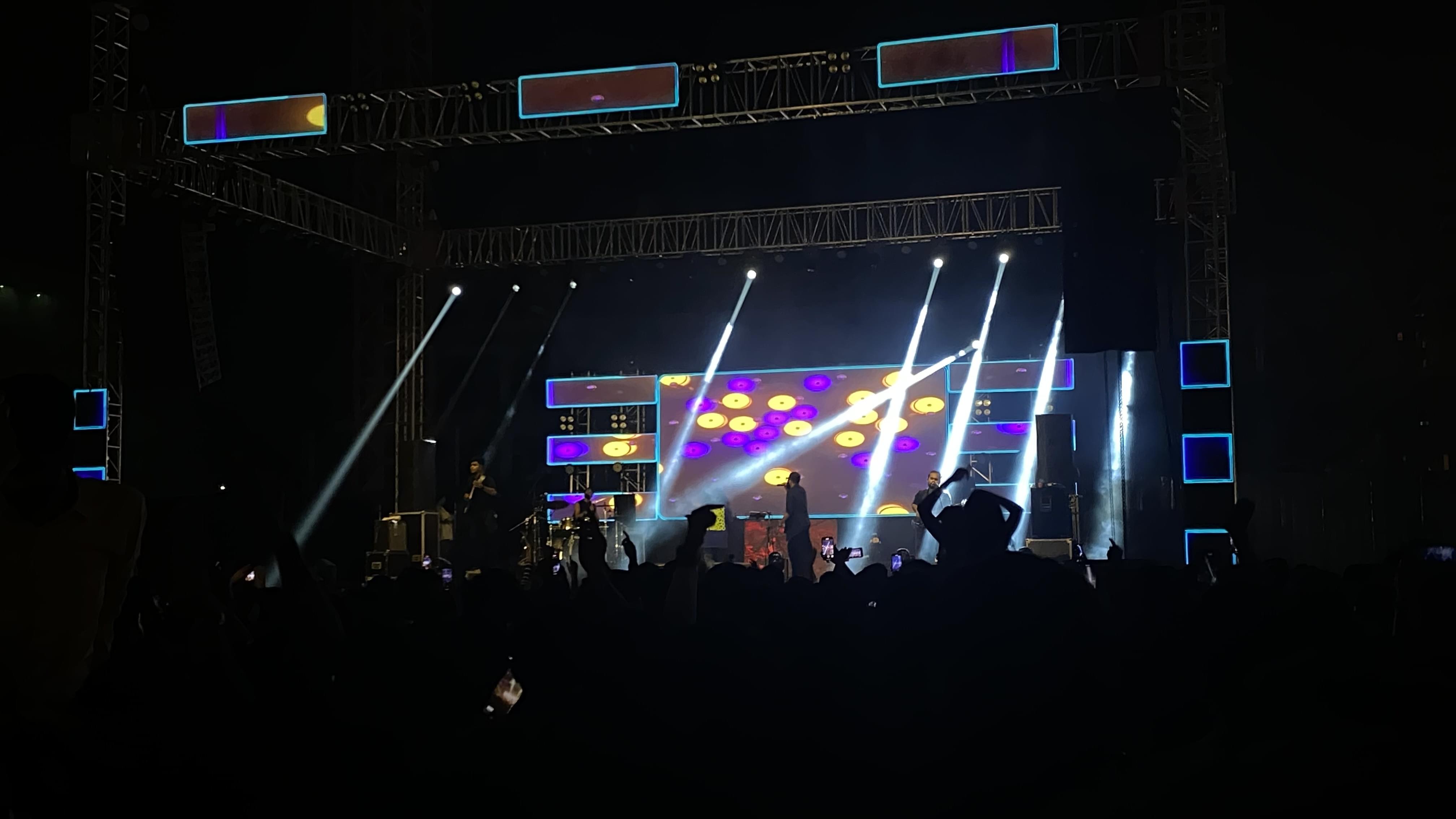
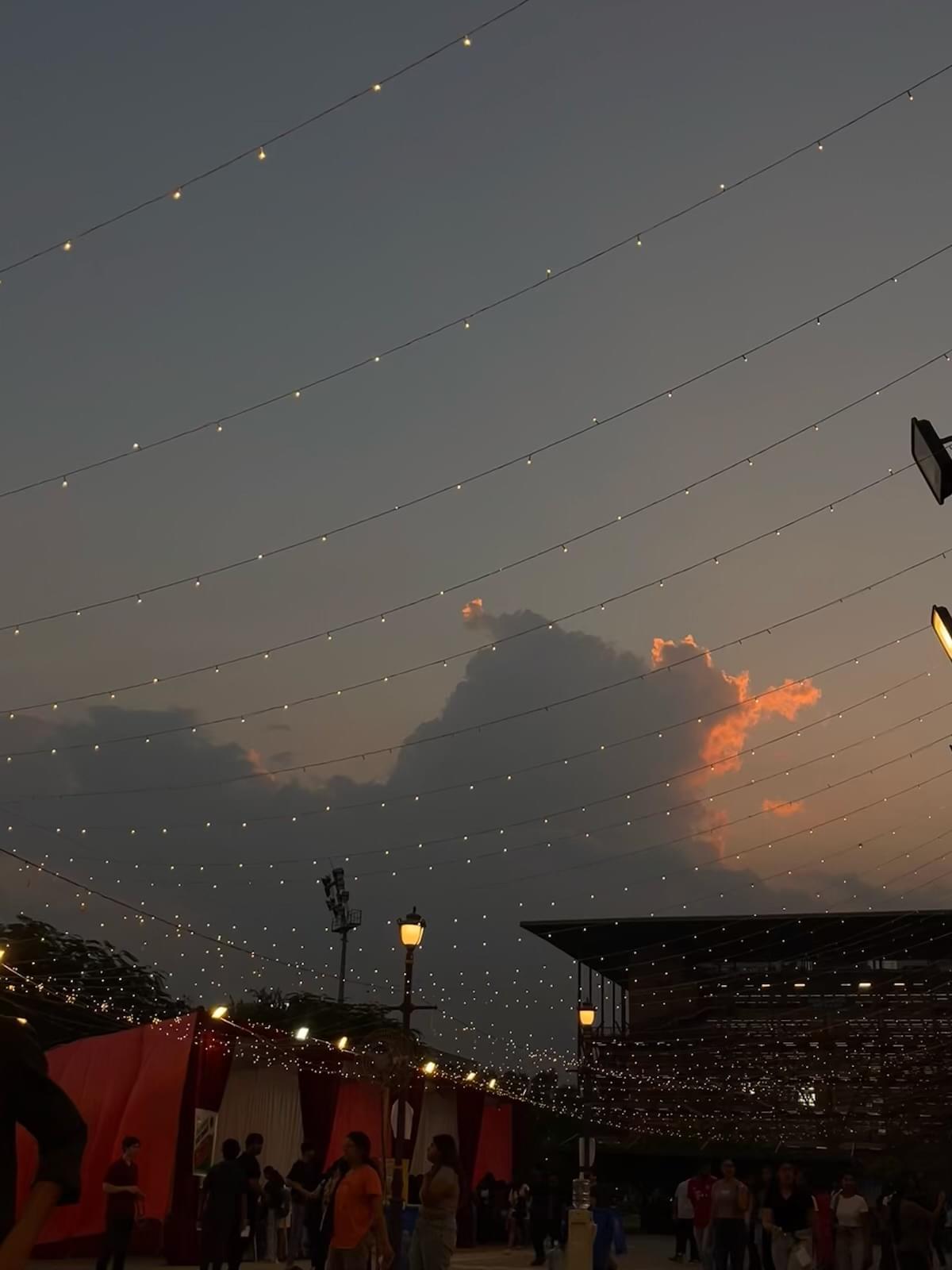

![Chandigarh University - [CU]](https://image-static.collegedunia.com/public/college_data/images/logos/1613996461logo1.jpg?h=72&w=72&mode=stretch)
![Guru Gobind Singh Indraprastha University - [GGSIPU]](https://image-static.collegedunia.com/public/college_data/images/logos/1464869465LOGO.png?h=72&w=72&mode=stretch)

![Shiv Nadar University - [SNU]](https://image-static.collegedunia.com/public/college_data/images/logos/1685085024PNGSNUIOE01.jpeg?h=72&w=72&mode=stretch)

![GD Goenka University - [GDGU]](https://image-static.collegedunia.com/public/college_data/images/logos/1759226836L1.png?h=72&w=72&mode=stretch)
![O.P. Jindal Global University, Jindal Global Business School - [JGBS]](https://image-static.collegedunia.com/public/college_data/images/logos/16706067171174127311748905992044062697670498359350167o.png?h=72&w=72&mode=stretch)
![O.P. Jindal Global University, Jindal Global Law School - [JGLS]](https://image-static.collegedunia.com/public/college_data/images/logos/1613718428Logo.png?h=72&w=72&mode=stretch)


Comments